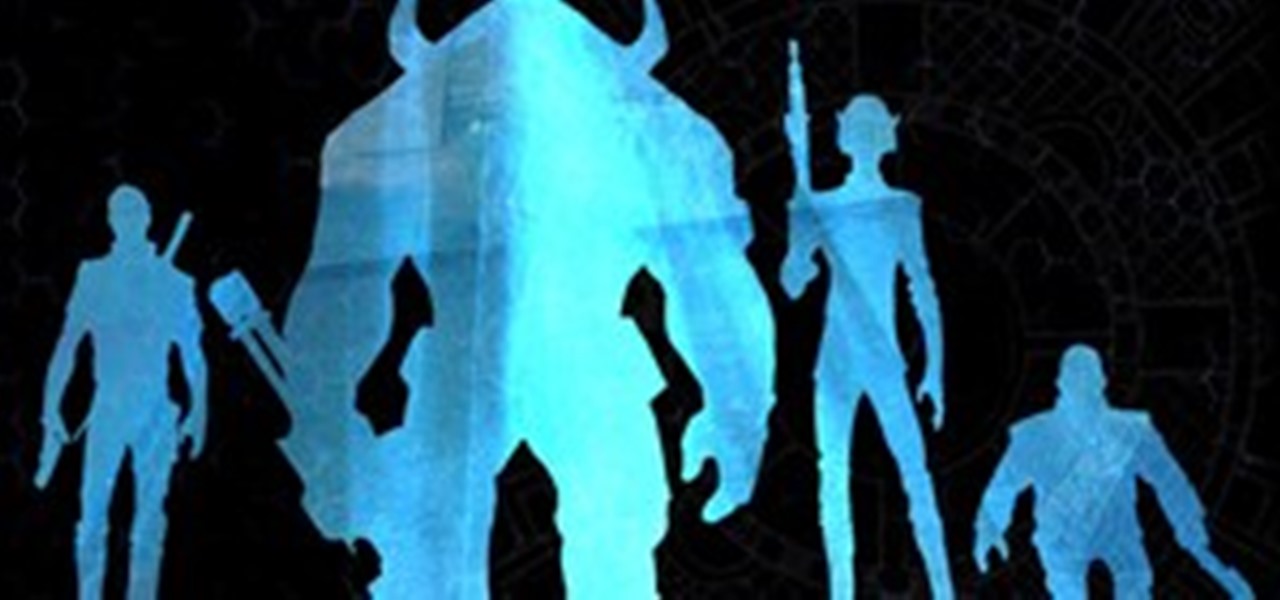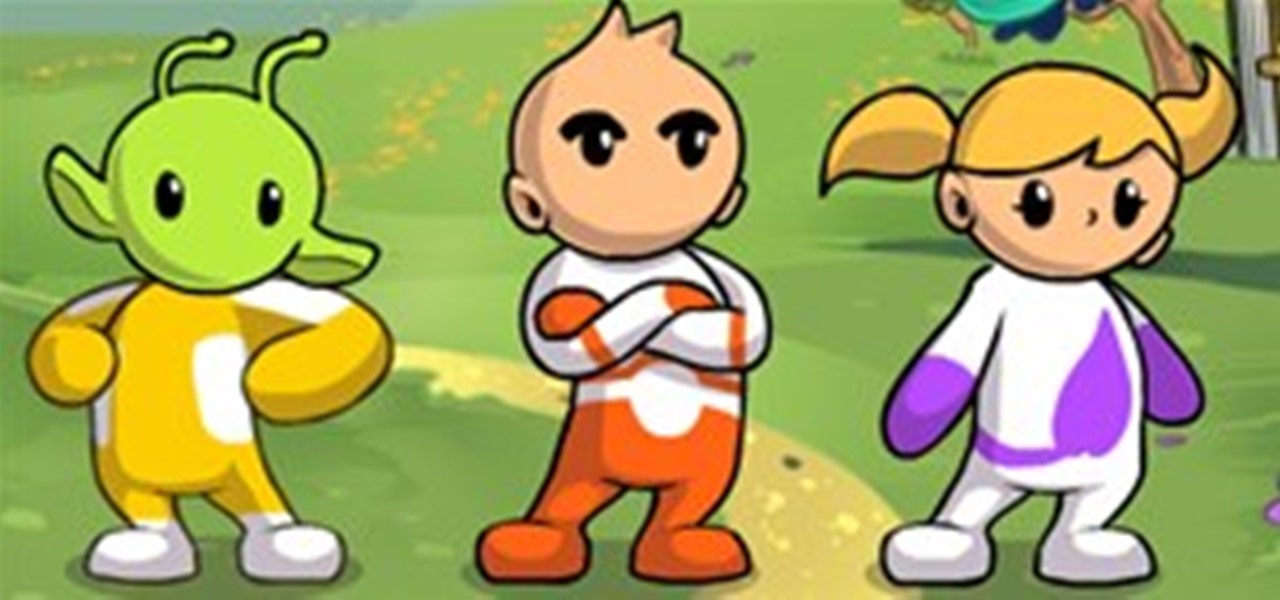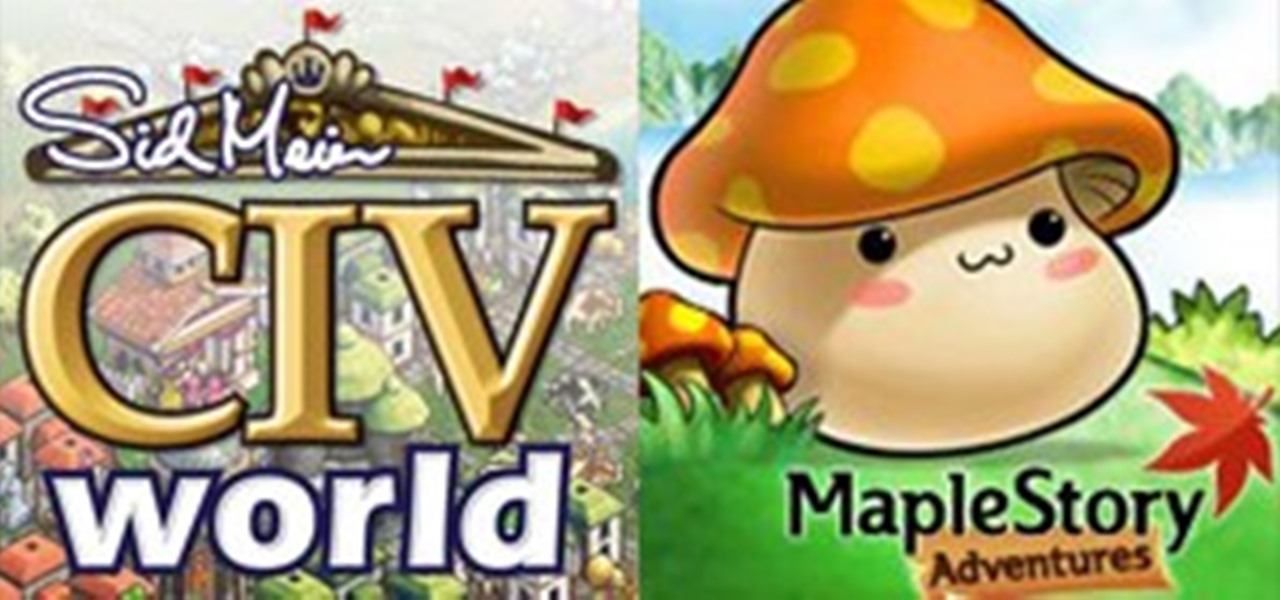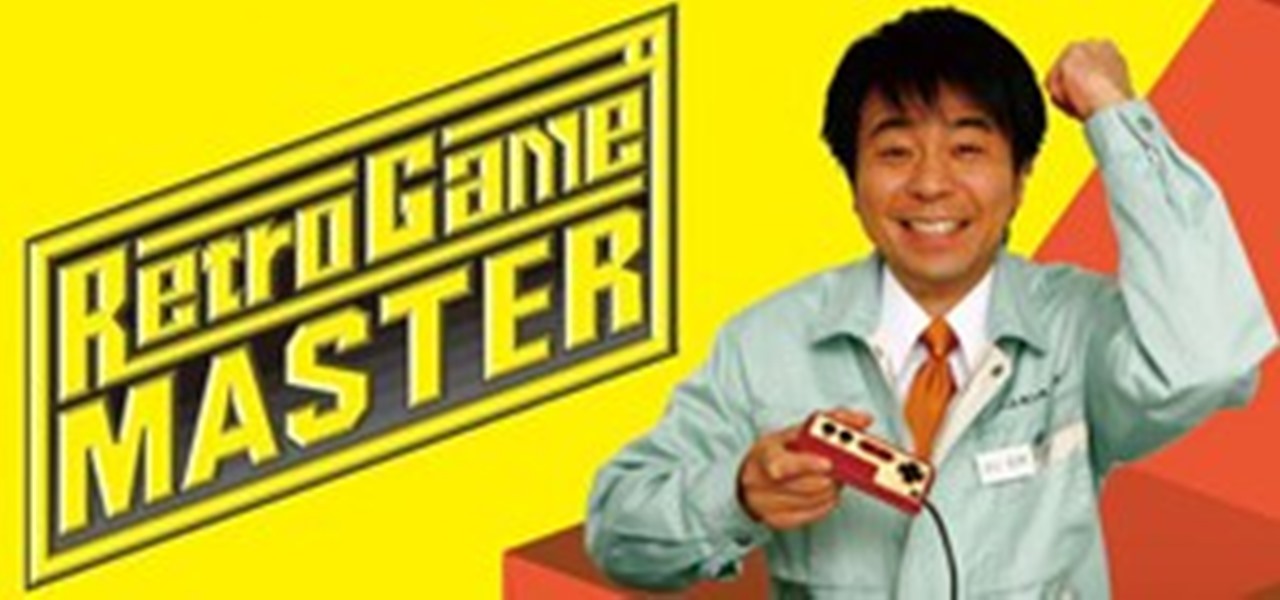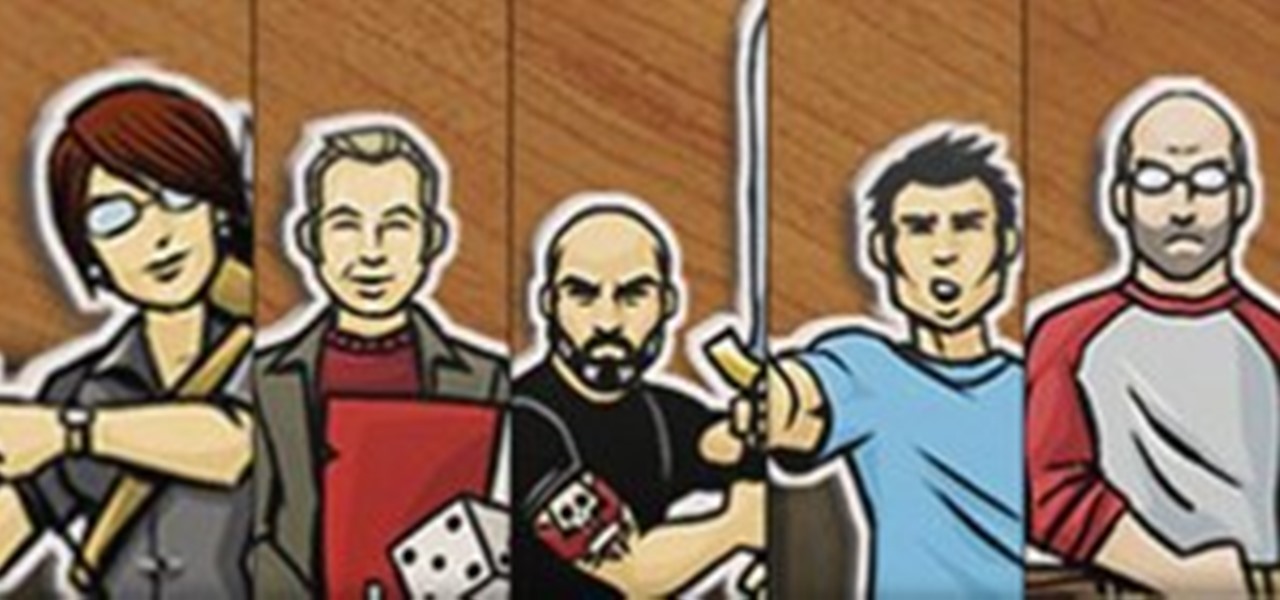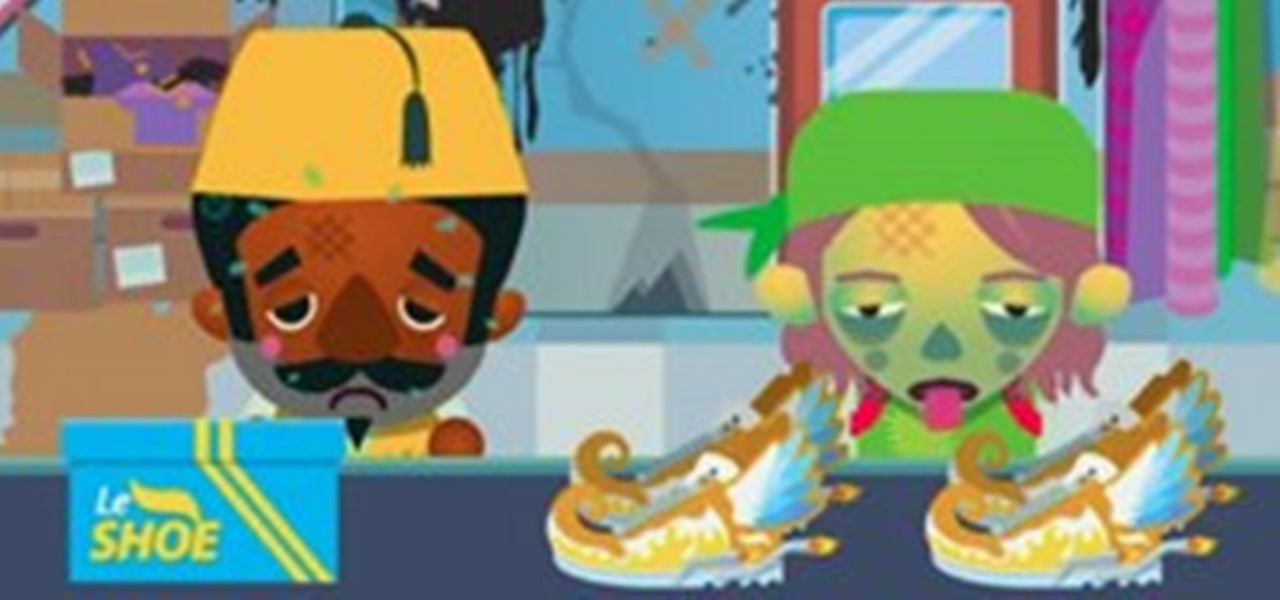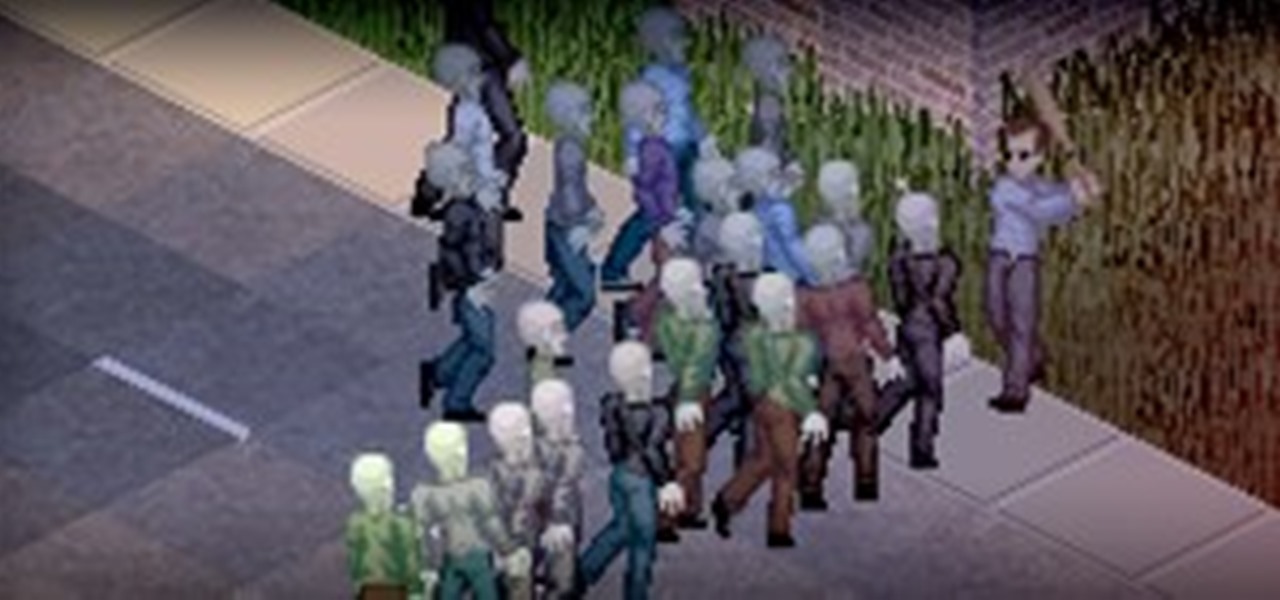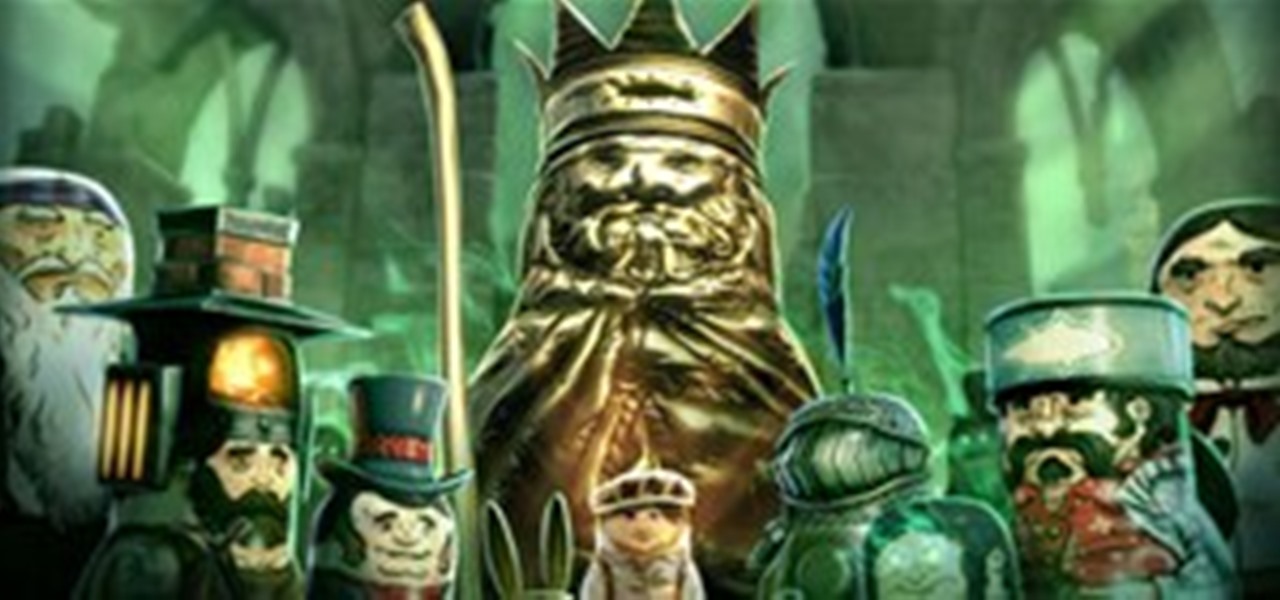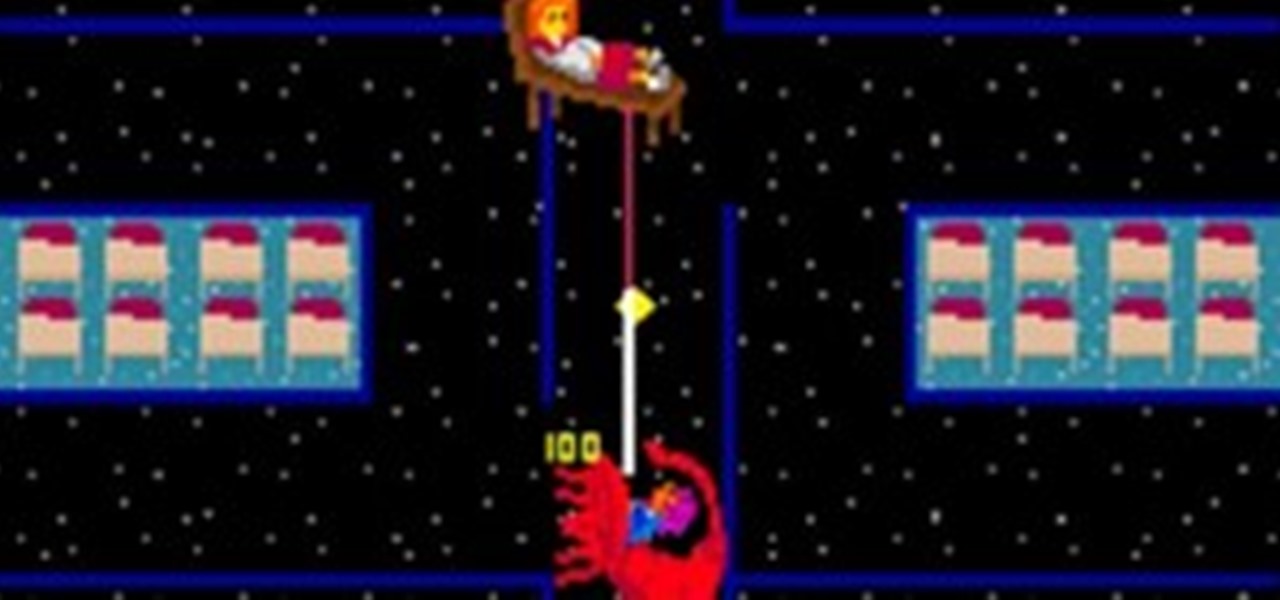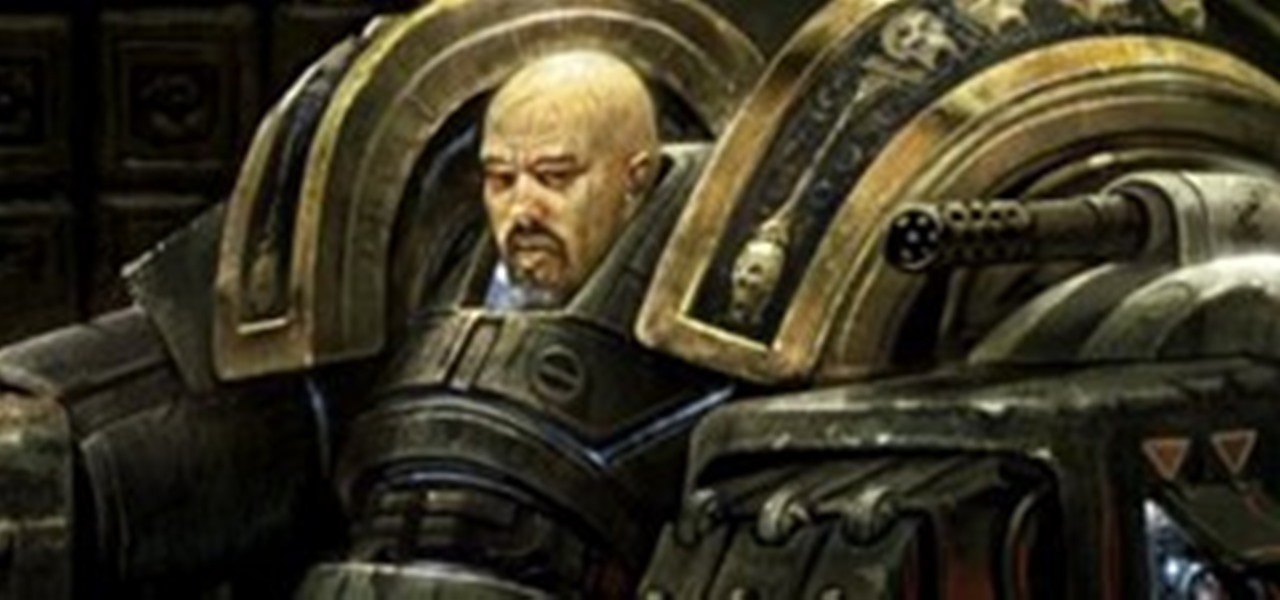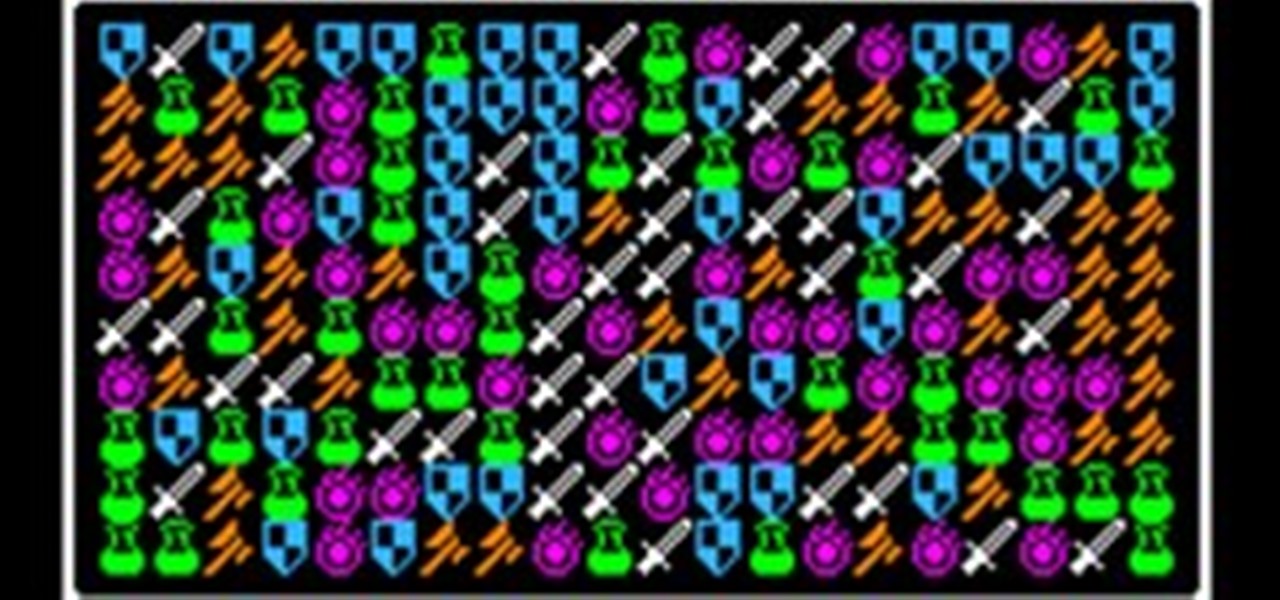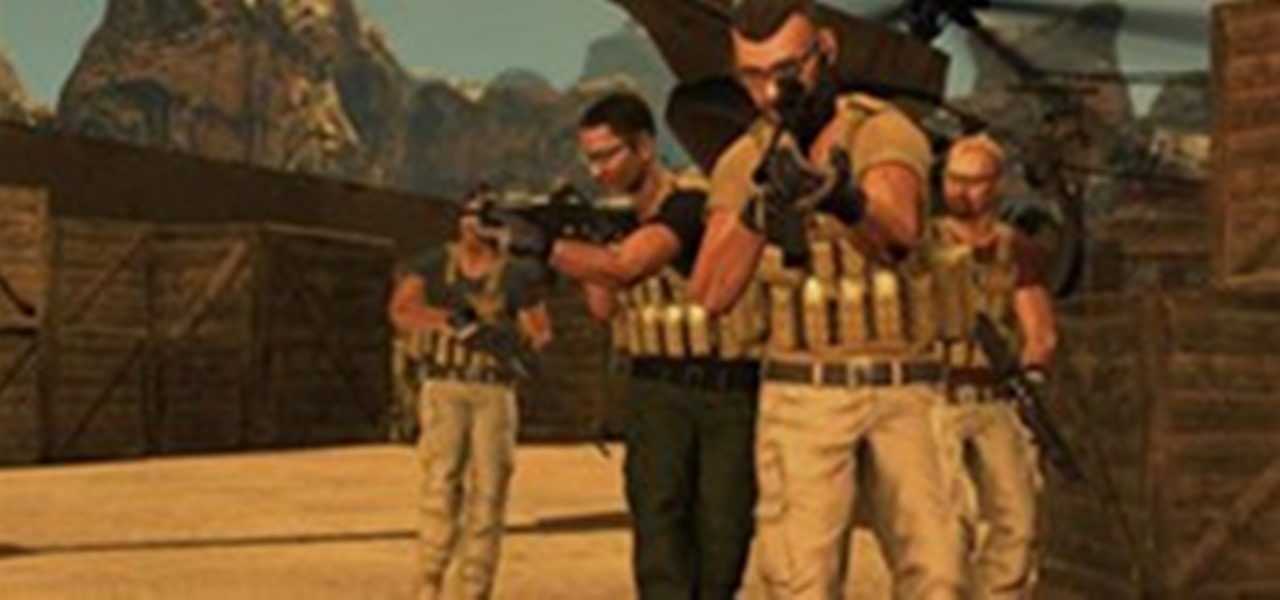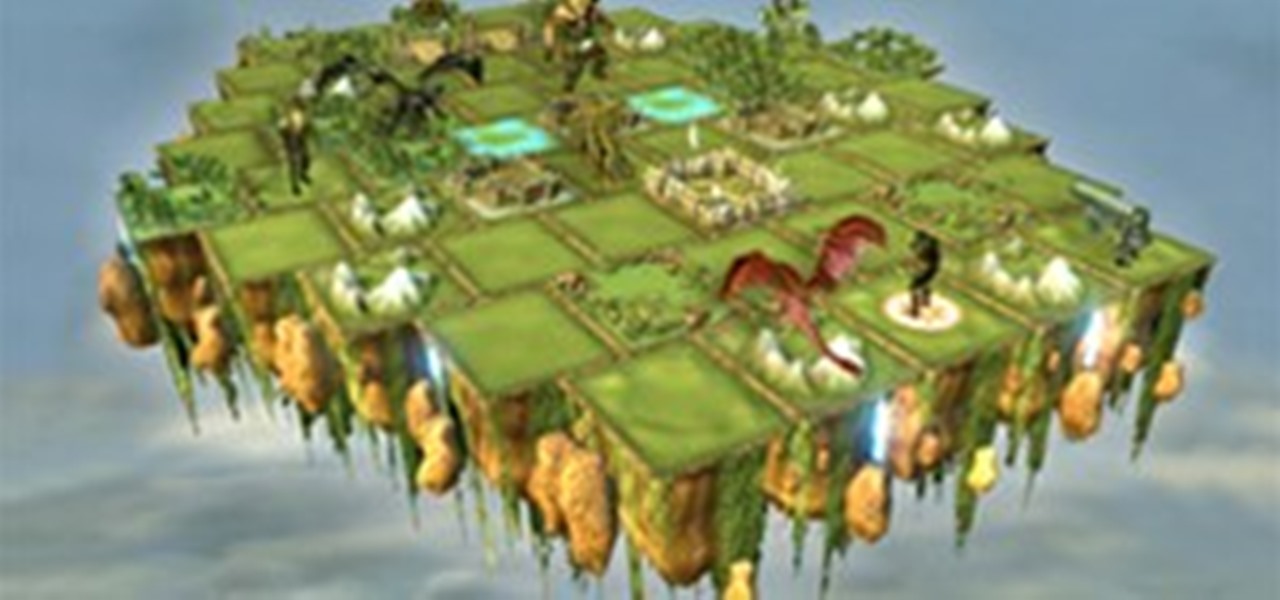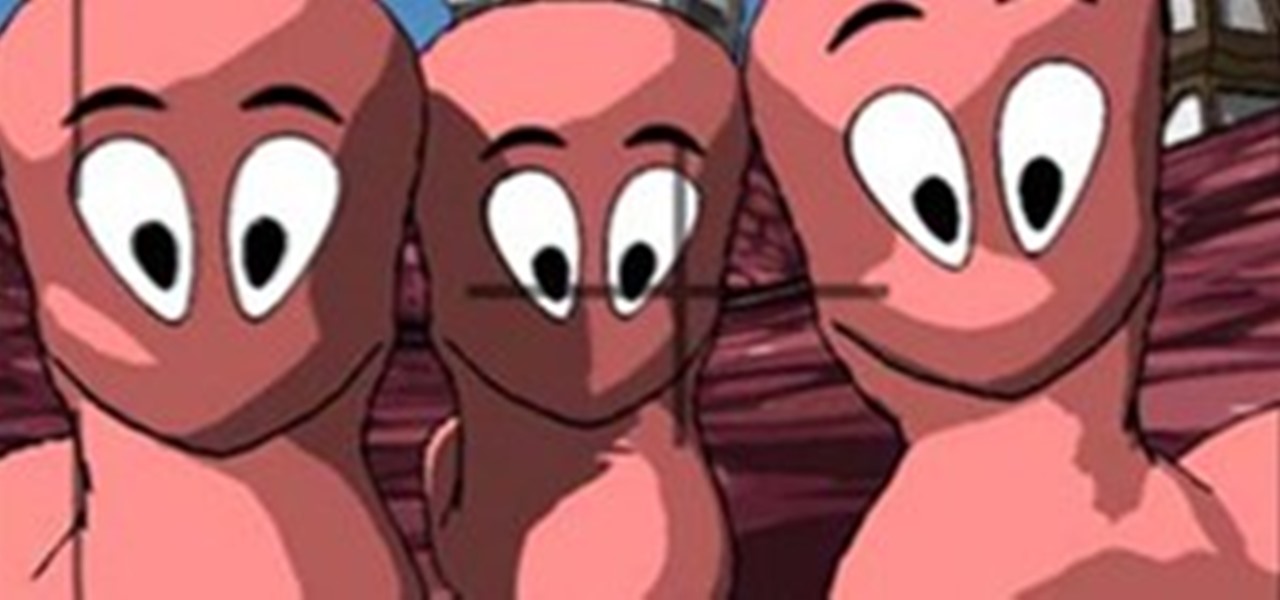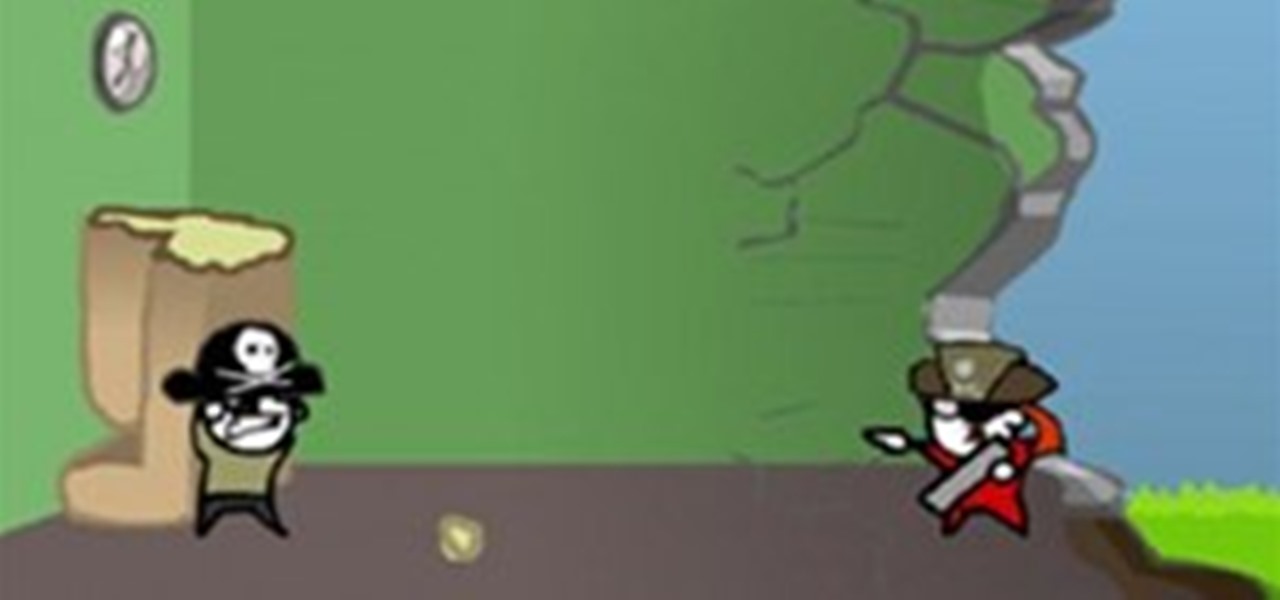
No Time To Explain is the first game by two man indie developer tiny Build Games. It's a fun and very stylish platformer in it's own right, available for $10 from the tiny Build website. Articles about the game on RockPaperShotgun, Destructoid, and other prominent PC sites helped it develop substantial hype and raise more than $26,000 via Kickstarter to fund development.
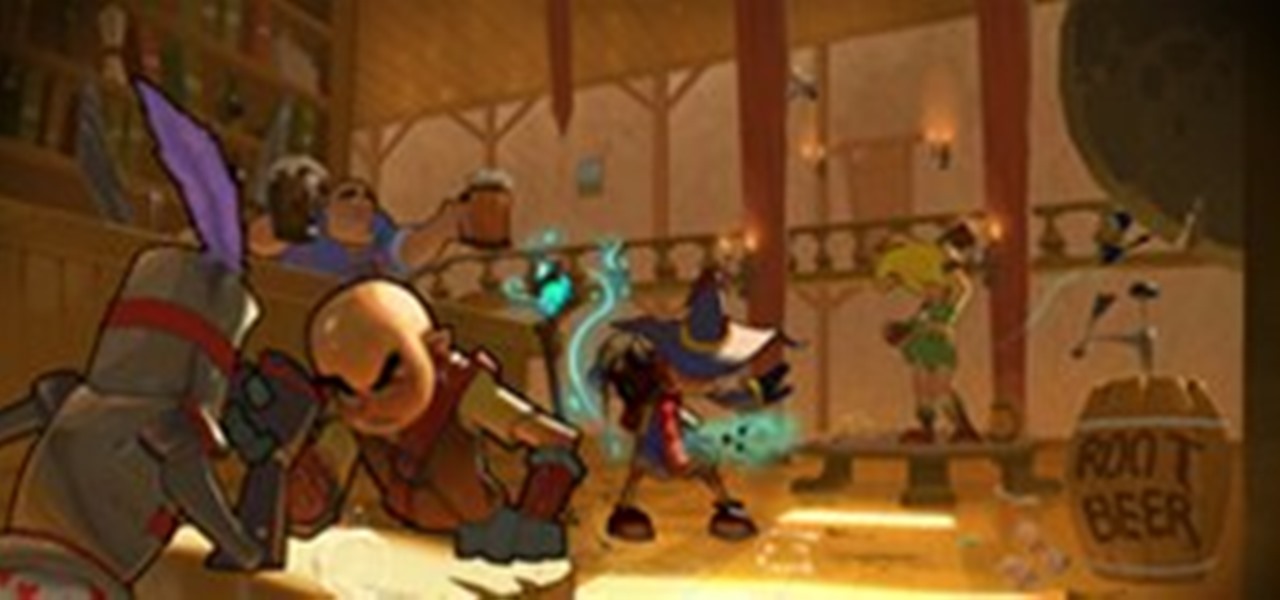
I've been unreasonably excited about Dungeon Defenders (NOT DUNGEON DEFENDER!) for almost a year. Playing it at PAX did nothing to damper that enthusiasm. I had a chance this week to speak with co-founder/development director Jeremy Stieglitz and marketing diretor Philip Asher from Gainesville, Florida based developer Trendy Entertainment to find out a little more about the game, and how it came together.
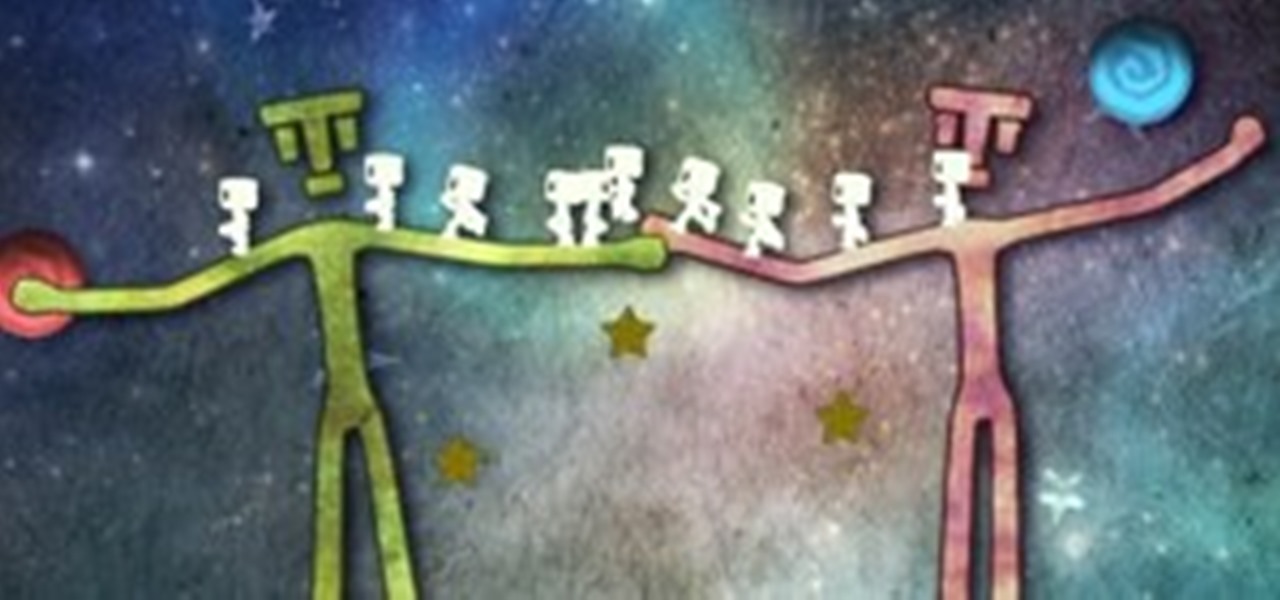
One of the biggest video games events of the year is about to happen in Japan tomorrow, when the Tokyo Game Show (TGS) kicks off. If you've never heard of it, just think of it as the E3 of the East—a video game extravaganza open to both businesses (Thursday and Friday) and the public (Saturday and Sunday). And even though it hasn't officially started, TGS has already released some grand announcements, specifically about Nintendo's future lineup and a precipitous drop in their share prices.
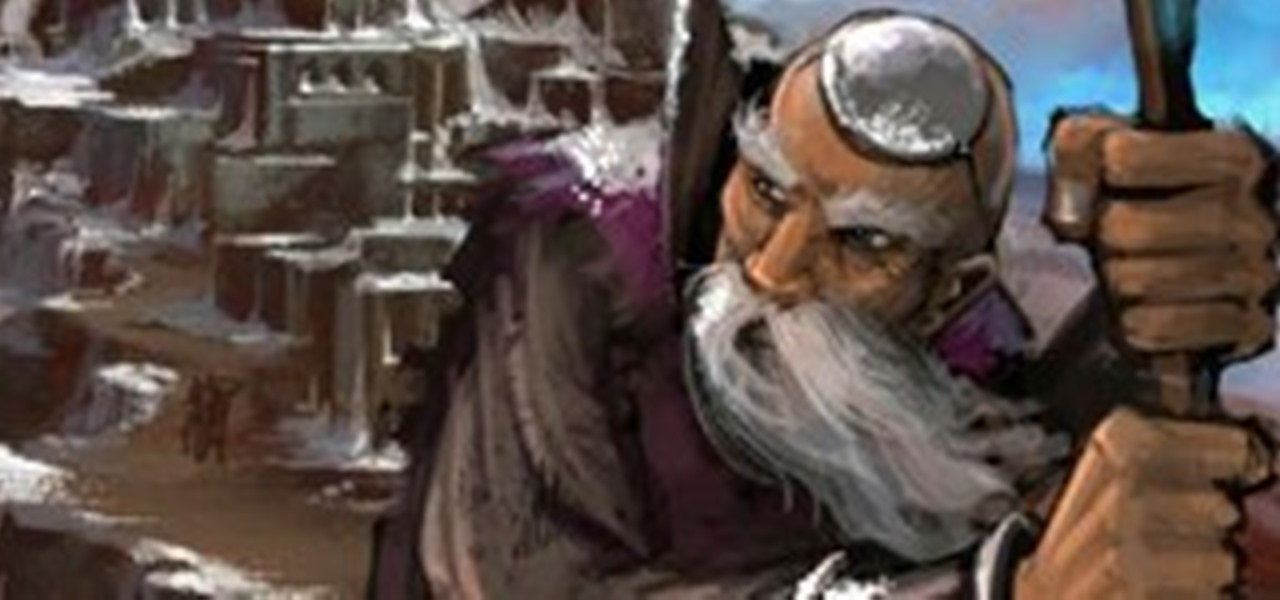
Like a great acting performance, making a really good game is all about choices. While creating or playing a game, those involved have to constantly make small choices that will affect the outcome, either positively or negatively. And the only thing worse than choosing wrongly is not choosing at all. Too many games, especially today, stick to what they're supposed to do from the get-go and avoid making difficult, small, meaningful choices to differentiate themselves and make their performance...
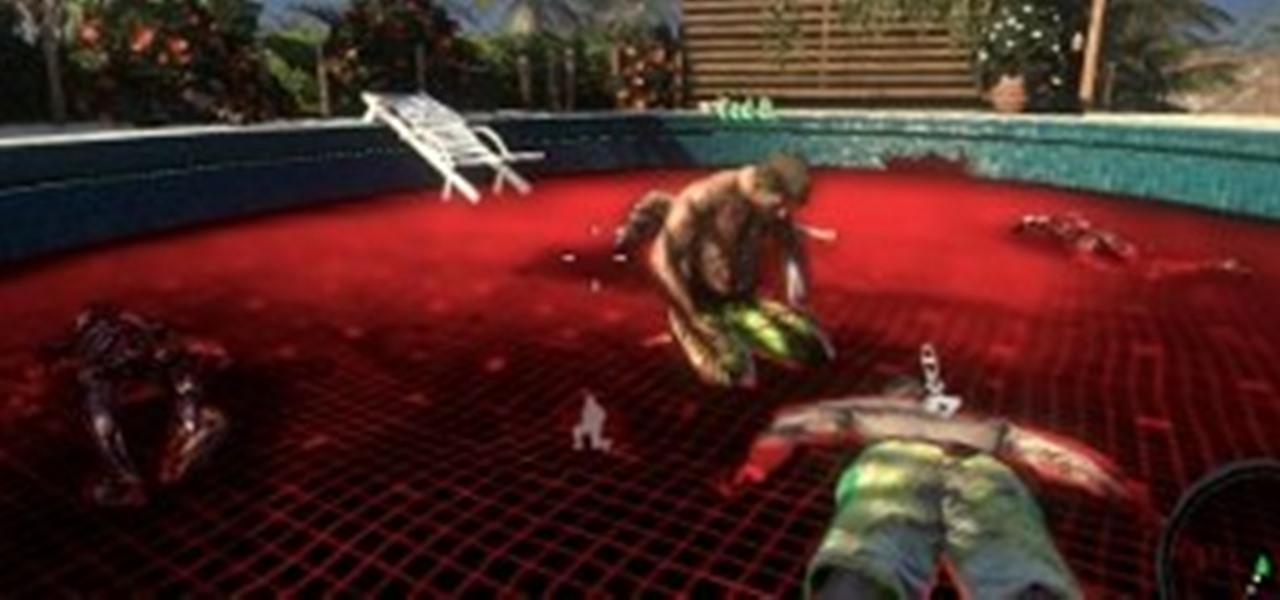
Dead Island (PC, PS3, 360) had the worst launch of any game in recent memory. The wrong version of the game was released on PC, matchmaking was down for three days on PC, saves were deleted without notice making people start from scratch, and the Feminist Whore (a file found describing one of the character's skills) fiasco. The game just wasn't ready for release.

The used video game market represents a huge portion of retail game sales. It's the only avenue in which most people can afford to buy AAA games. But game publishers aren't exactly big fans of used game sales, since they only benefit from gamers buying new ones. GameStop and Best Buy are huge corporate interests, so EA and the rest of the big publishers out there have not been able to push them around on the issue of used game sales... so far.

Many of the indie games featured at PAX Prime have been in development for years. That's how long it takes to make a great game. But the two-man development studio in eastern Europe called Stabyourself has existed for less than a year and has already created two games—three more are on the way. They may be spitting out games left and right, but they've got a few to be excited about.

Indie developers and their games have enjoyed massive success distributing through Steam, notably Zeboyd Games and Carpe Fulgar. While that bodes well for the future of indies on the platform, Steam has to devote a lot of front-page real estate to AAA games and thus can't promote small indies as well as a dedicated indie game distribution service could. IndieCity out of the UK seems like it could be that, but today a consortium of three German game companies launched their attempt at beating ...

Grand Theft Auto 3 was the biggest video game of the last decade, by far, introducing open-world adventure games to consoles, a genre that now rivals shooters and sports games for market dominance. A huge map, decentralized narrative, and myriad of interlocking quests and objectives that happen in a flexible order all became hallmarks of the "new" genre, along with the ability to shape the morality and reputation of your character. And most importantly, all of the quests and stories are compl...

To most gamers, video games are largely devoid of place. In the post-arcade era, the only real world locations most associate with video games are GameStop and the couch. But there's so much more to them than that!

It's a hell of a lot easier to make money selling an indie game now than it was four years ago. But it's still a rough game.

The Australian government has a dysfunctional history with video games. Any regular Yahtzee Croshaw follower can attest to that. The Parliament has established a series of unfortuante regulations that make games both highly taxed and overregulated in price. Bringing any goods all the way to an island in the bottom of the world is expensive to begin with, and new games in Australia can tip the scales at $80 or more.

The indie game scene is constantly expanding, but in 2008, Minecraft, Braid and Angry Birds had not been released, along with all of the other indie games that established the financial viability of the format. Indie games were the all-but-exclusive purview of free Flash game sites and the proud users of TIGsource.com. The Independent Gaming Source is a massive forum for indie game developers to share their projects with like-minded individuals, while seeking help and approval of their games.

Facebook games are ostensibly all about connecting their players. Yet, in many ways they exist on an isolated island. That's one of the reasons traditional gamers and game franchises have avoided Facebook in the past. And all of the breakout hits so far on Facebook have been cheap PC game ripoffs from the 90s, like FarmVille and ports of other popular casual games.

Thanks to the advent of smartphones and mobile apps, Scrabble has spread like wildfire across the globe, whether it be Scrabble or one of its many popular word game spinoffs, such as Words with Friends, WordWise and Kalimat.

Japanese game shows are legendary for being more extreme (and absurd) than their American counterparts. Chris Farley immortalized the concept in a classic SNL sketch, and MXC and Ninja Warrior have both achieved great success dubbed and subtitled on American television. A big part of their appeal is how demanding they are compared to U.S. game shows. Only a few people have actually won Ninja Warrior in its 23 seasons on the air, and MXC is a constant comedy of failure and pain.

Games like Minecraft and Braid have proven that there is money to be made in the indie game marketplace, which means more and more designers are following suit, one being Zeboyd Games. The two-man indie design team released two excellent JRPG spoofs on the Xbox Live Indie Games (XBLIG) Marketplace in 2010: Breath of Death VII ($1) and Cthulhu Saves the World ($3). Both have been well-reviewed and spent time near the top of the XBLIG sales charts, but its success couldn't be rivaled by what wa...

Card Hunter isn't the first indie game made by seasoned industry professionals driven from the world of AAA games by strictures and disappointments of corporate life. But never before have so many distinguished vets gone indie to work on the same exact game!

Tower defense games have taught us little. We already knew that defending castles from baddies was fun and that legions of weenies are the key to success in most real-time strategy situations. What other insights have they to offer?

Fatherhood is difficult, especially when you're an octopus. That is the moral of the 2011 IGF Student Showcase winner Octodad, available for free from its website. This hilarious little title was created by a team of interactive media students at DePaul University in Chicago, and is the latest in a stream of successful indie games to come out of collegiate video game design programs. In fact, it's so successful that a sequel is in the works.

Game Developer Magazine is a prominent periodical for game industry folk to read up on their craft. For those who don't work in games, it can be a little dry, but every year they release a Game Career Guide devoted to welcoming other people into their world. Best of all, it's free! You can view the newest issue just released here in your browser, or download the PDF version.

Making a video game requires an incredible amount of work. It requires people skilled in many disciplines to work together for thousands of hours merging visual art, computer programming, game design, sound design, and music composition into a fun game. The Indie Stone is a Scottish indie development studio started, like so many others, by industry vets who were tired of corporate restrictions and wanted to make the crazy games they had always imagined.

Deep in their heart of hearts, most Americans dream of having their car festooned with missile launchers and machine guns. Anyone who cuts them off or looks at them funny in traffic could be dispensed with quick and extreme justice, leaving a real-life James Bond and his passengers free to pursue their American dreams faster than everyone else. Racing games and shooting games are among the two most popular types of video games. So why aren't there more games where one can race cars and shoot ...

Carpe Fulgur translates to something along the lines of "Seize the Lightning" in Latin. Sometimes that is enacted with golf clubs by idiots. But the three intrepid indie video game localizers who work under that name are trying to do it the right way: metaphorically. They are translating and publishing Japanese games for the Americans market—games that have seldom been seen before because every other company thinks it's mad to release them here.

The relationship between developers and publishers in the video game industry has always been awkward. Many great game developers such as Bizzare Creations, Clover Studio, and Bullfrog Productions have been disbanded due to corporate shenanigans involving their publishers and owners. The indie game movement has risen largely as a response to this.

Most of the oddest games in the world are free web games. They may not always be well made, but low budgets (and consequently low risk) allow them to be as weird as they fancy. That's a big part of why they are so interesting. Prime examples such as Don't Take It Personally, Babe, It Just Ain't Your Story and Lesbian Spider Queens of Mars have graced these pages previously, and both are great games. But the quality of the games hasn't stopped mysterious Glorious Trainwrecks user snapman (else...

For a long time, video games manuals were serious business. Especially for strategy games and RPGs on the PC, the manuals would often run to a hundred or more full-color pages in length. They explained in vivid and well-written detail the history of the game world and every facet of the gameplay system. There were pages upon pages of appendices explaining the statistics of every unit, faction, and terrain type. They were majestic, and I would spend an hour or more poring over each one before ...

Video games and movies have a history of interaction dogged by failure. Video game movies and movie video games both tend to be terrible. There has never been a good feature film based on a video game franchise. Even documentaries about games, which should be rife given the rapid rise of games on the cultural stage over the last thirty years, have been few and far between. The King of Kong: A Fistful of Quarters is by far the best, and for several years now has been the only really stirring f...

Without Japan, video games would not be very fun. Atari's early work was important, but Japanese developers, publishers, and hardware makers were responsible for almost every major advance in video games for the first 25 years of their mainstream existence. In recent years, it has often been said that they have become less relevant than Western developers. In the indie games movement— (our area of greatest interest here at Indie Games Ichiban)—Japan does not have anywhere near the presence th...

Xe Systems, the Private-Defense-Contractor-Formerly-Known-As-Blackwater, has been busy attempting to re-brand themselves. They have a new name, several new sub-names, and have at least titularly shifted their focus to training rather than mercenary work. Controversial founder Erik Prince is no longer with the company, which is now owned by a large investment consortium.

Every Friday here at Indie Games Ichiban, I will feature a sampling of reviews from the mountains of indie and vintage games that have crossed my internet connection in the past week. Each week will have some sort of theme, this week being old school turn-based strategy games available on Steam.

Most employed in the game industry have two-word job titles that start with “game”—game designer, game producer, game critic, game tester, etc. Usually, they’re one or the other, even though some can be both a game designer and a game tester or game critic and game tester. And rarely does one person get to call themselves a “game everything”. Ben “Yahtzee” Croshaw is the exception.

One of the biggest advantages iOS has over Android as a mobile platform is how readily and fully it has embraced mobile gaming. There are over 200,000 games available in the Apple store, compared to approximately 100,000 in the Android Marketplace. As an Android-using gamer, this has always bothered me.

Do you love video games? Would you devote your free time to creating your own game—one superior to the games you already have? Or at least one that has more Neil Patrick Harris jokes?

Like the press covering film and many other specialized fields, video game journalists use all sorts of jargon to convey to their knowledgable readers as much information about a game as quickly as possible. For non or newbie gamers, this can be extremely confusing.

Angry Birds might be the most visible video game franchise in the world today. It has sold 100 million units, as many as all the Sims games put together. It has been incorporated into board games, birthday cakes, and Israeli sketch comedy shows. And yet, this piece of seeming mass-media whoredom is an indie game. Wha?

In the mid '90s, there was no such thing as a widely available indie video game. Brick-and-mortar stores were the only places for consumers to buy games, and magazines were the only outlets to hear about them. For video game creators, the need for a publisher to market and distribute was logistically essential to attract players.

Following in the footsteps of great historical figures is a great way to learn about them. Michael Wood famously did so in the 1980's for his PBS documentary and book In The Footsteps of Alexander The Great. This March, UK-based marketing director Chris Worth completed a similar endeavor—not by tracing the path of a real-life emperor or explorer, but a humble video game character. One known simply as "The Courier".

In case you haven't noticed, I absolutely adore video games. Most of my friends don't, so to get my fix of knowledgable video game conversation I have turned to podcasts. They're free, they feature the smartest people in games journalism, and can be enjoyed while doing just about anything. Working. Walking the dog. Crying yourself to sleep. Whatever you're into.

Dual nurses? Random transformer shirt guy? White collar fighter? Fatso macho man? Super Mario? Ah, you must be playing Dong Dong Never Die!










